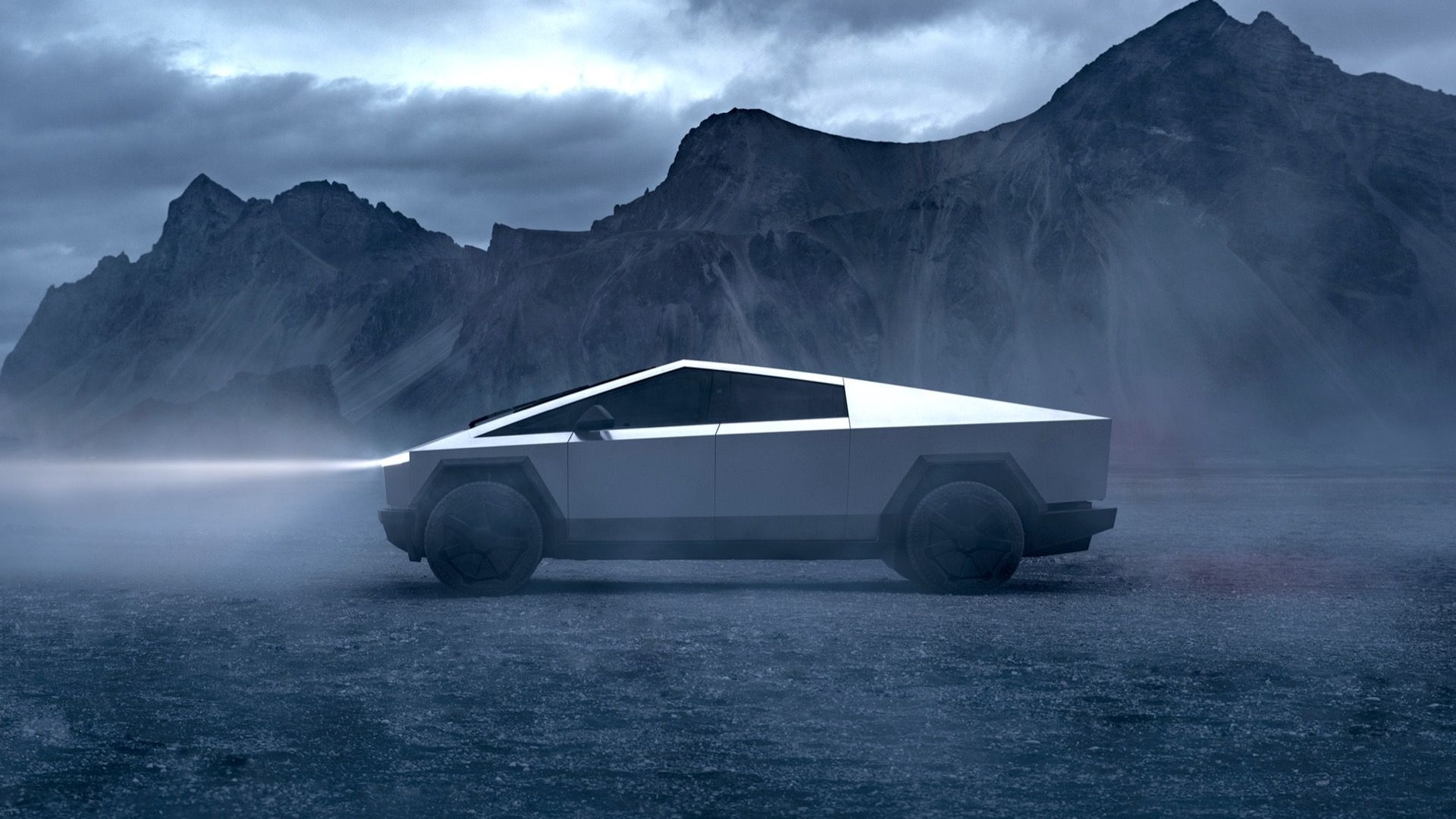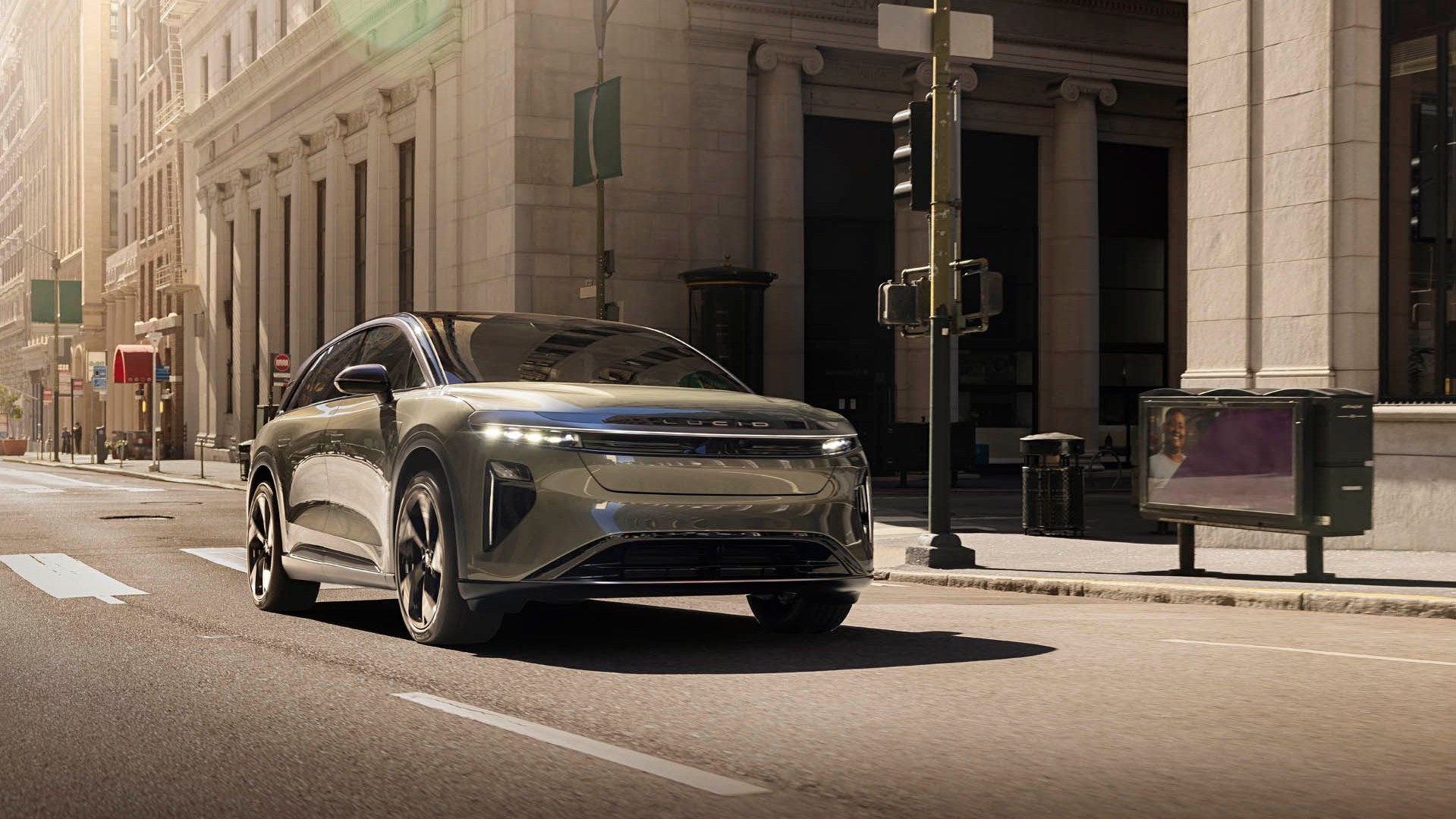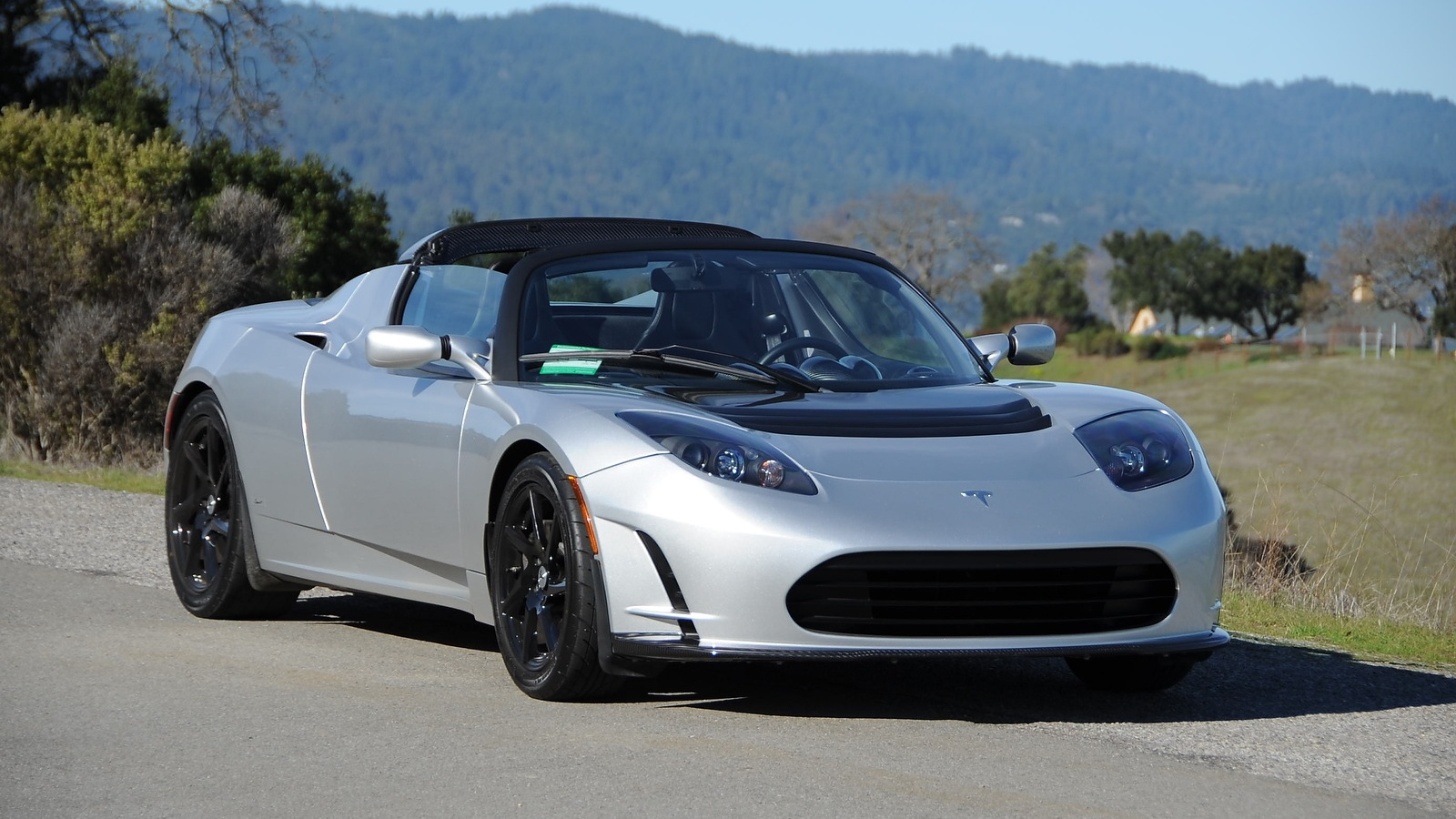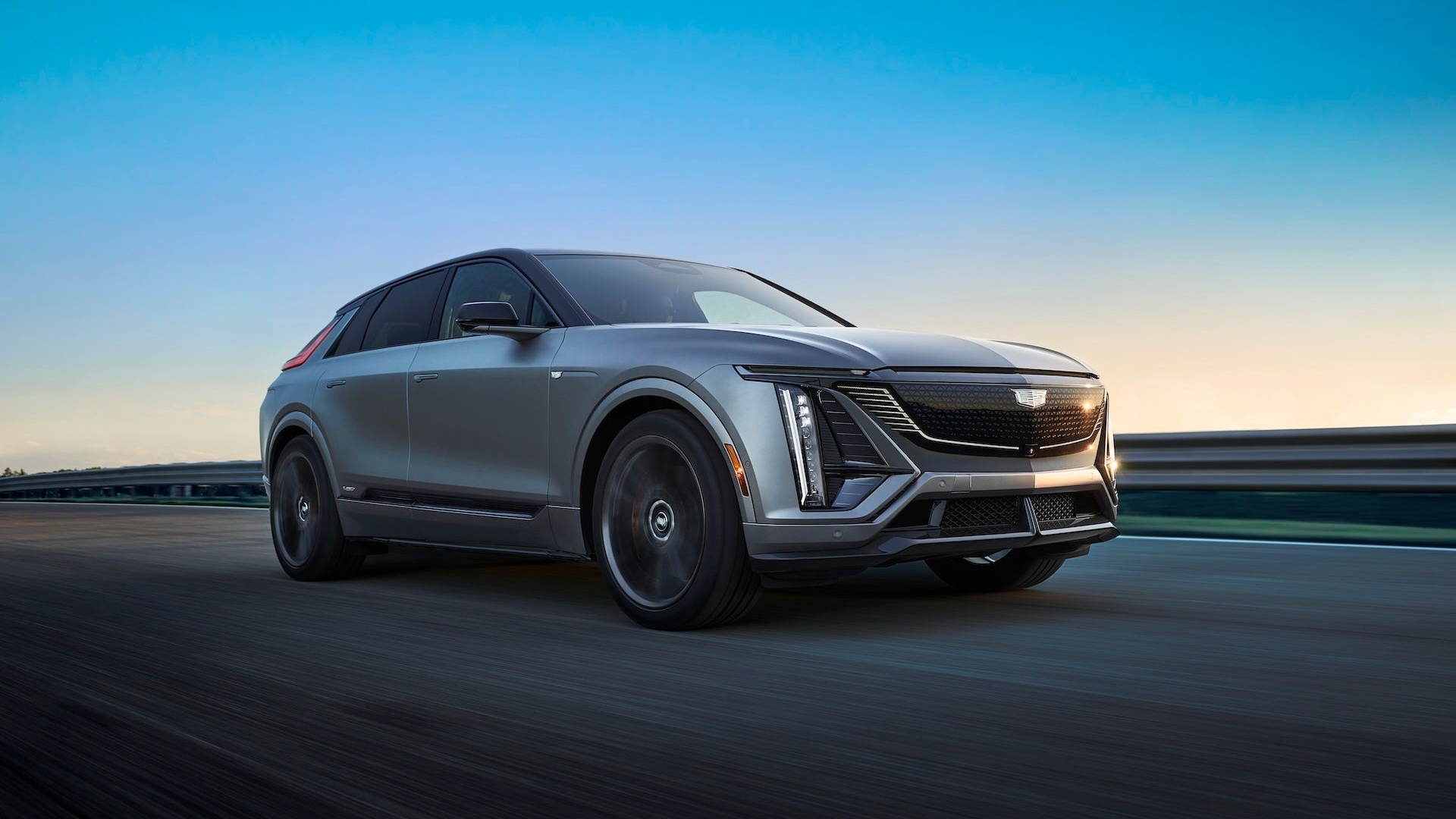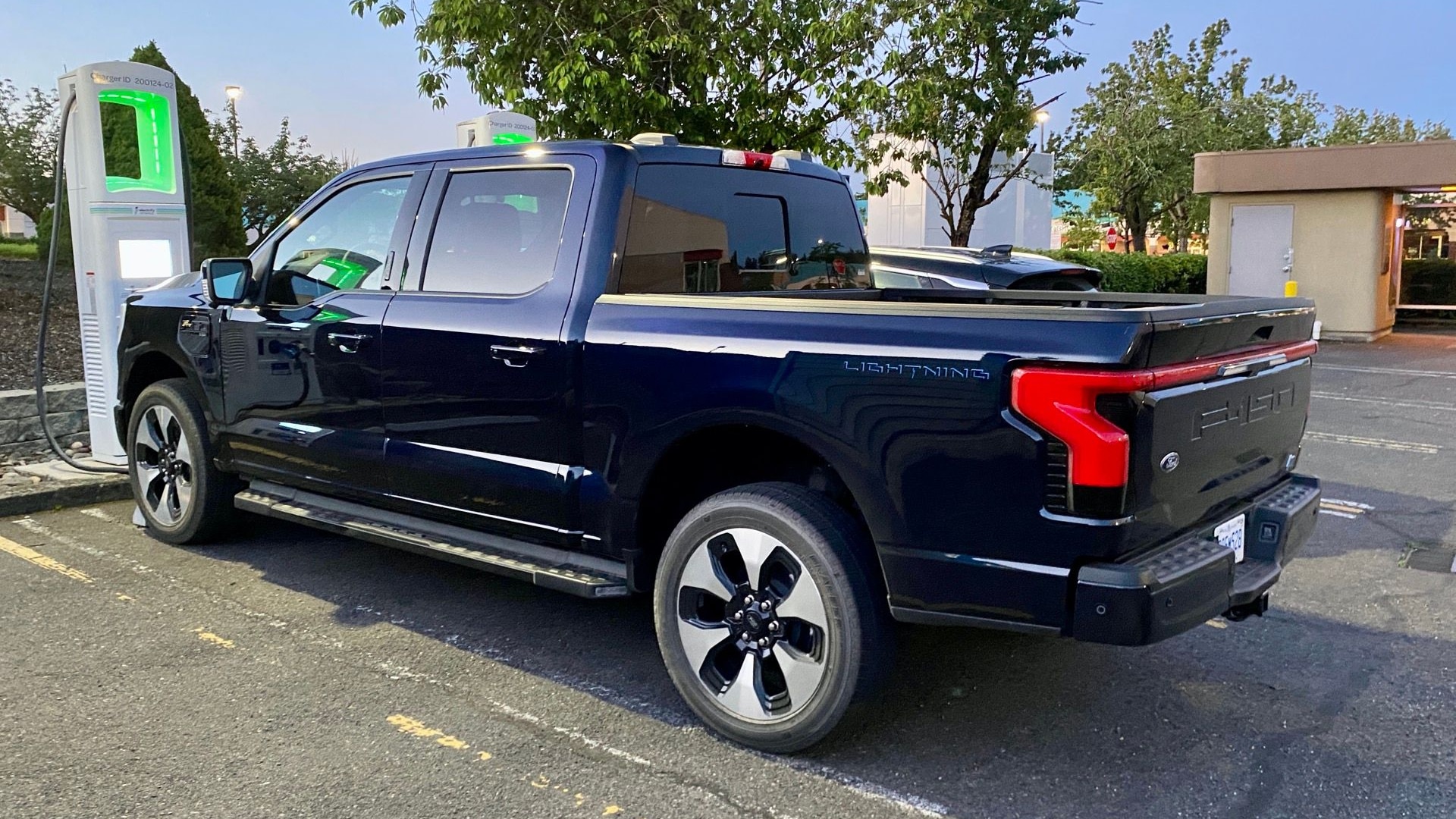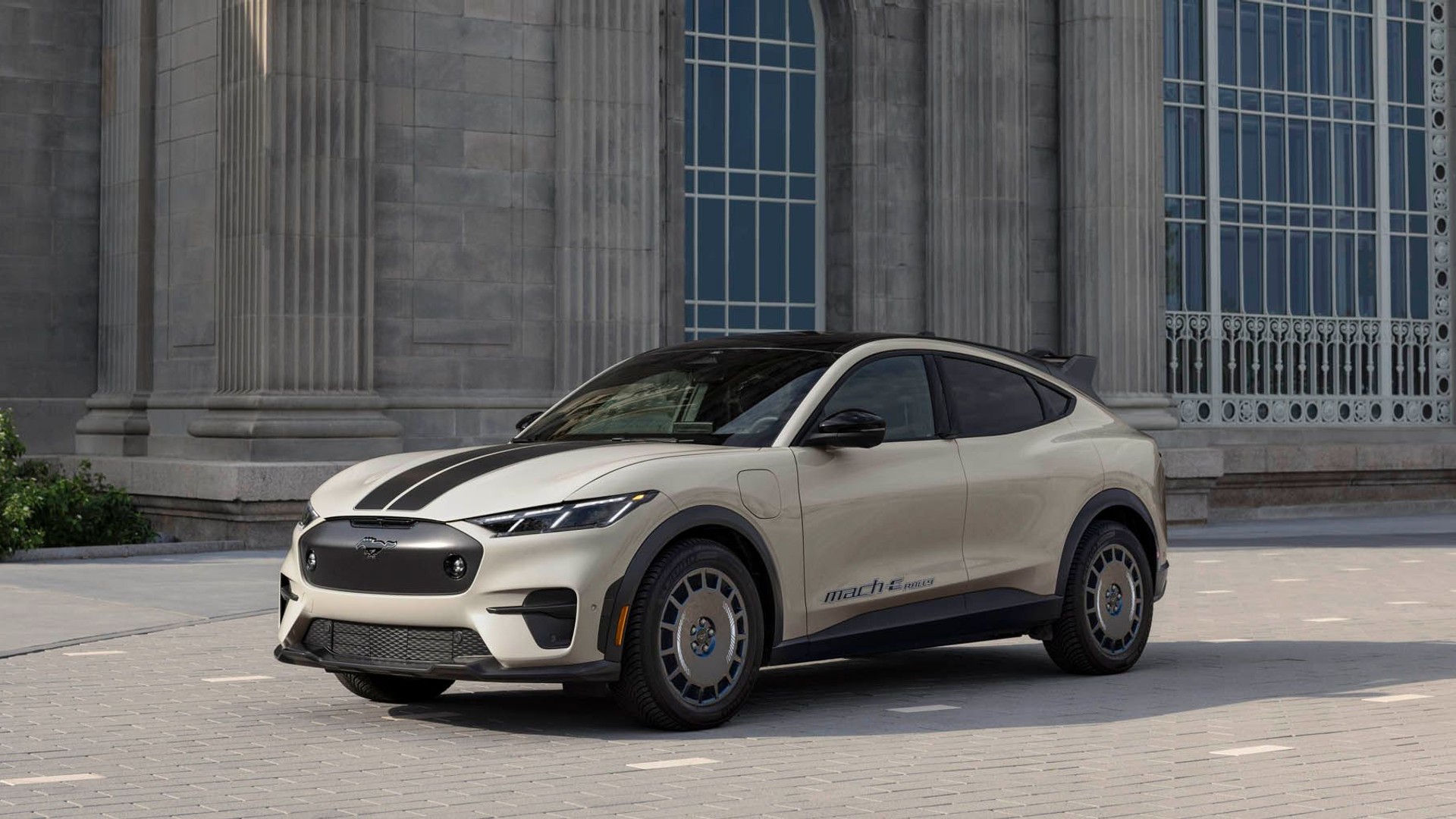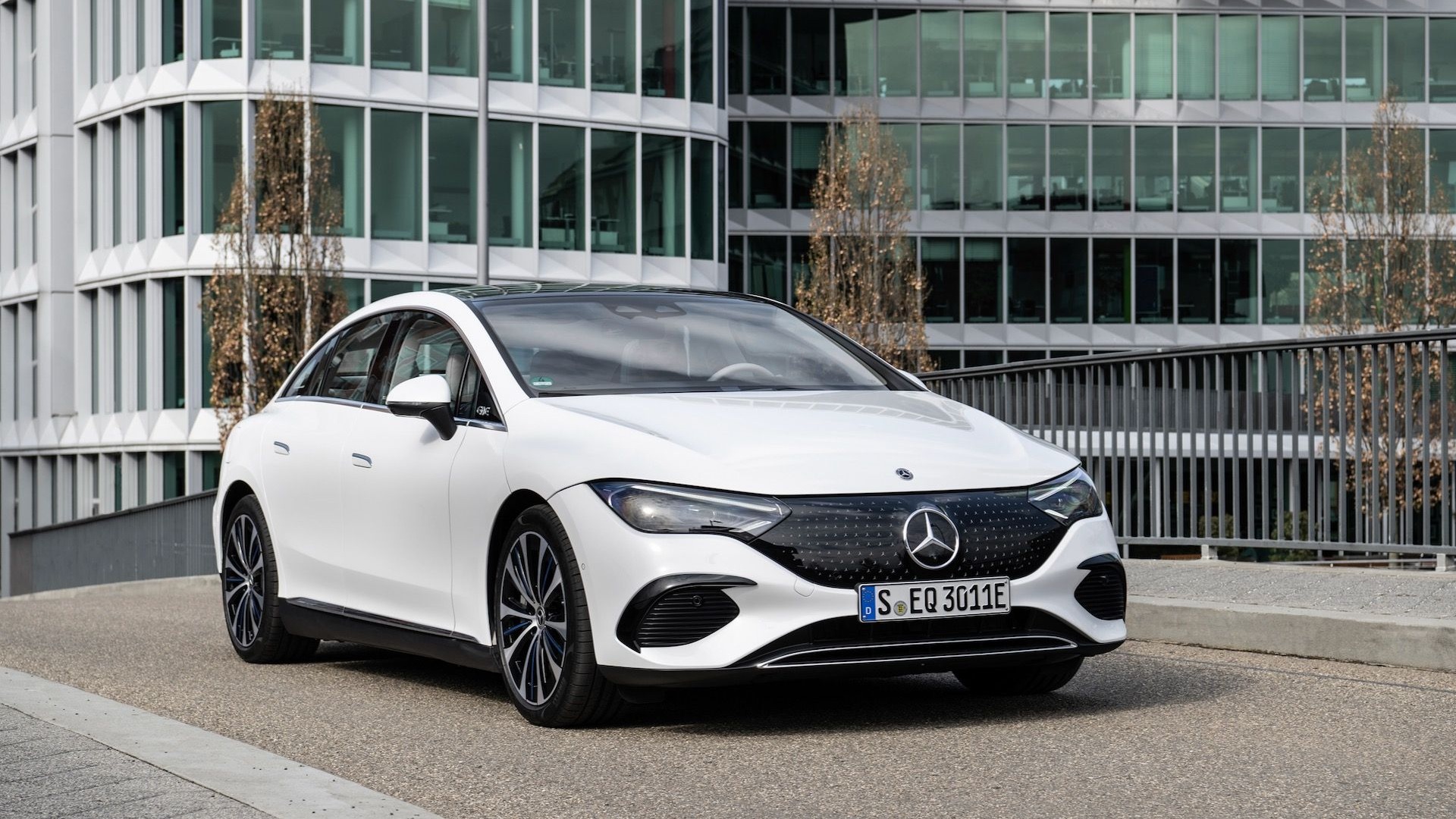As China attempts to grapple with its rampant air pollution, the national government and municipal authorities are taking increasingly aggressive measures to encourage adoption of plug-in electric cars.
Officials recently announced the details of a previously-discussed new round of electric-car incentives, while the city of Shenzhen has joined several other Chinese cities in capping new-vehicle registrations.
SEE ALSO: China Adds Even More Electric-Car Incentives--Mostly For Local Brands
China's current incentives scheme expires in 2015, but a new program will replace it and carry through to 2020, according to Reuters.
Under new draft rules, owners of "new-energy vehicles"--including electric cars, plug-in hybrids, and hydrogen fuel-cell cars--will be able to receive subsidies of up to 55,000 yuan ($8,834).

Chinese battery electric crossover: BYD e6 test drive, Los Angeles, May 2012
That includes Chinese-made electric buses, at least. They will be eligible for up to 500,000 yuan (about $80,000) in subsidies.
Production of green cars in China reportedly increased five fold in the first 11 months of 2014, compared to the same period in 2013.
Yet the country is still far from reaching its government's goal of putting 5 million new-energy vehicles on the road by 2020.
RELATED: Beijing's Privileged Electric-Car Registrations Fail To Attract Interest
That's because consumers haven't shown much interest in electric cars--even when they are the sole option.
Shenzhen--a major manufacturing center immediately north of Hong Kong--recently announced a cap on new-vehicle registrations as a way to fight pollution and congestion, making it the eighth Chinese city to do so.
It's also reserving one fifth of that restricted number of registration slots for electric cars, according to CBC News.
However, that tactic hasn't worked so far in another Chinese city.

Kandi electric car (Image: Kandi Technologies Group)
Yet the majority of residents who won electric-car registration slots through a lottery failed to purchase vehicles before the deadline.
A lack of charging infrastructure could be the problem. Stations are still few and far between, and to add to the problem, China has no single unified charging standard.If buyers can't reliably charge electric cars, it may be that no amount of incentives will be likely to get them to switch.
_______________________________________________



